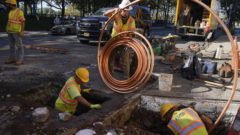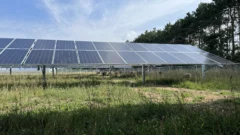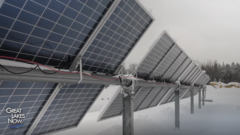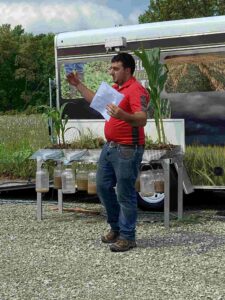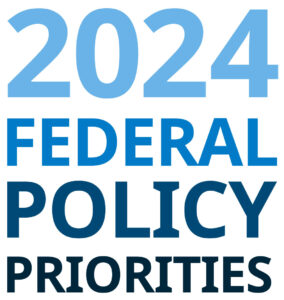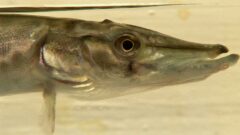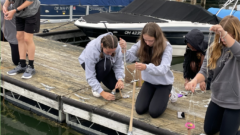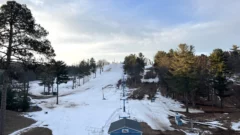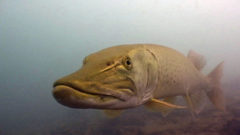Rural communities face challenges in providing ambulance services
In a medical emergency, people generally want whichever emergency service they call to get to the scene fast, but ambulances in rural areas face special challenges to help residents.
The biggest obstacle for fire and rescue stations in rural areas is the distance between someone in need and the station.
The post Rural communities face challenges in providing ambulance services first appeared on Great Lakes Echo.Great Lakes Echo
http://greatlakesecho.org/2024/02/22/rural-communities-face-challenges-in-providing-ambulance-services/

